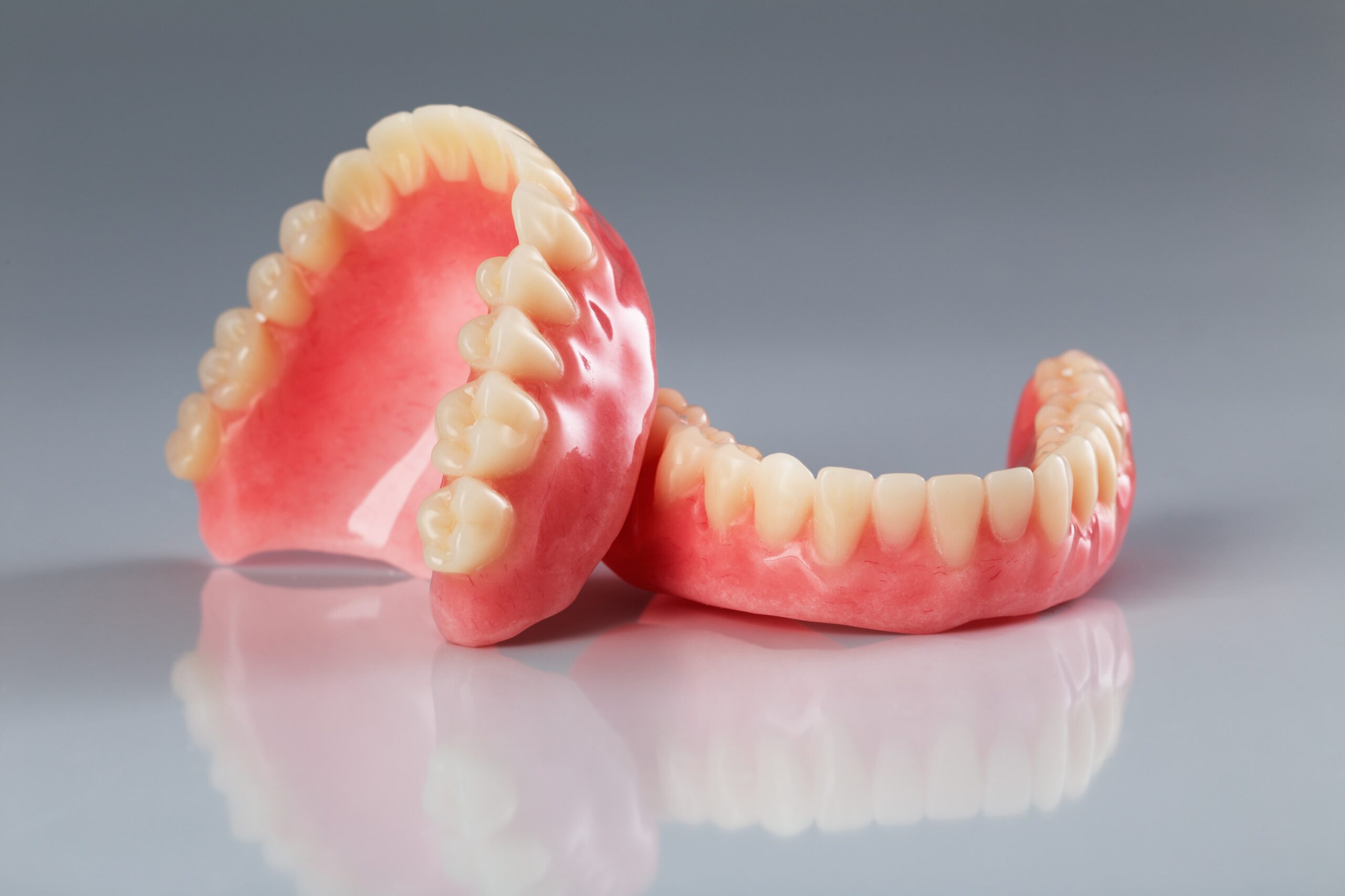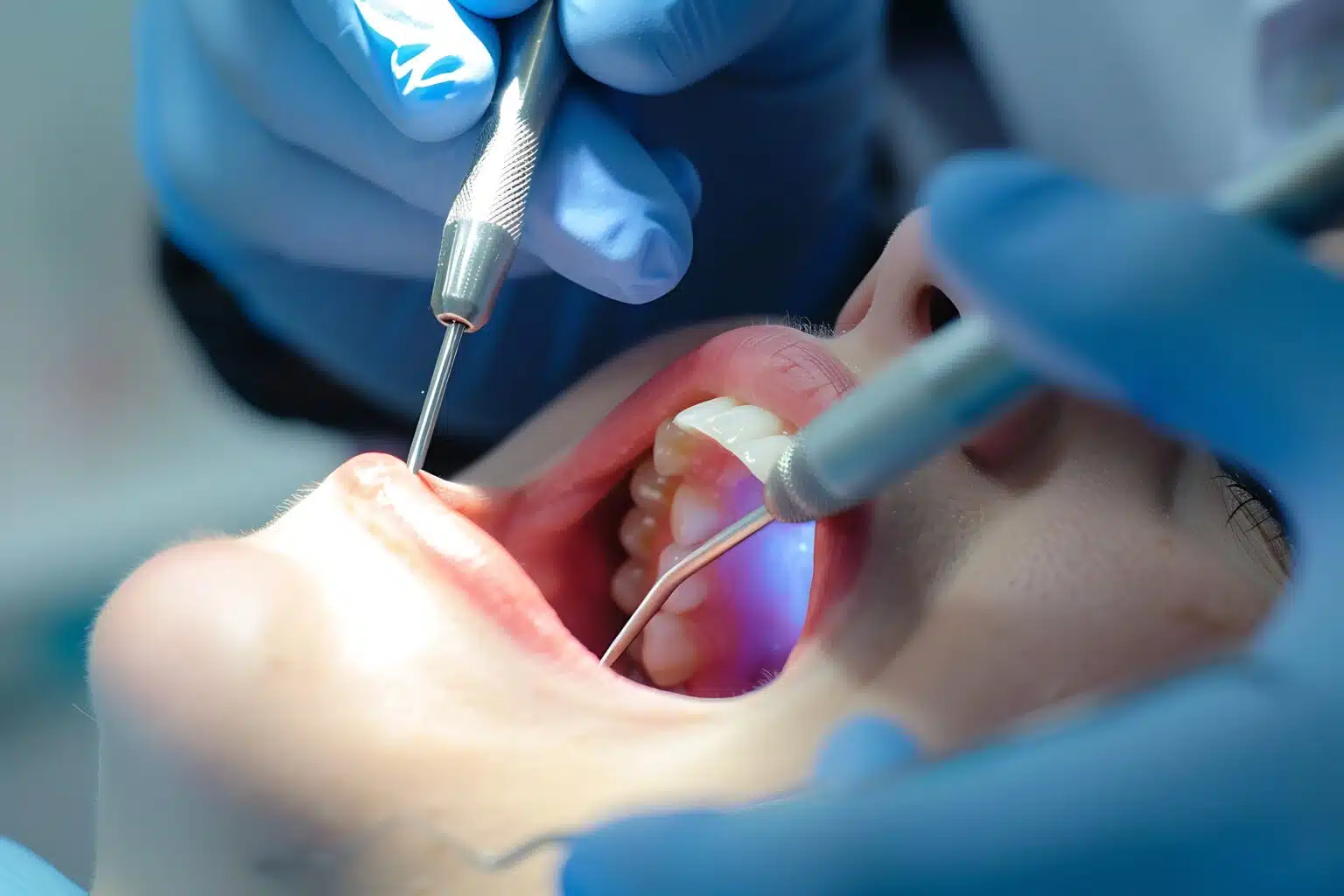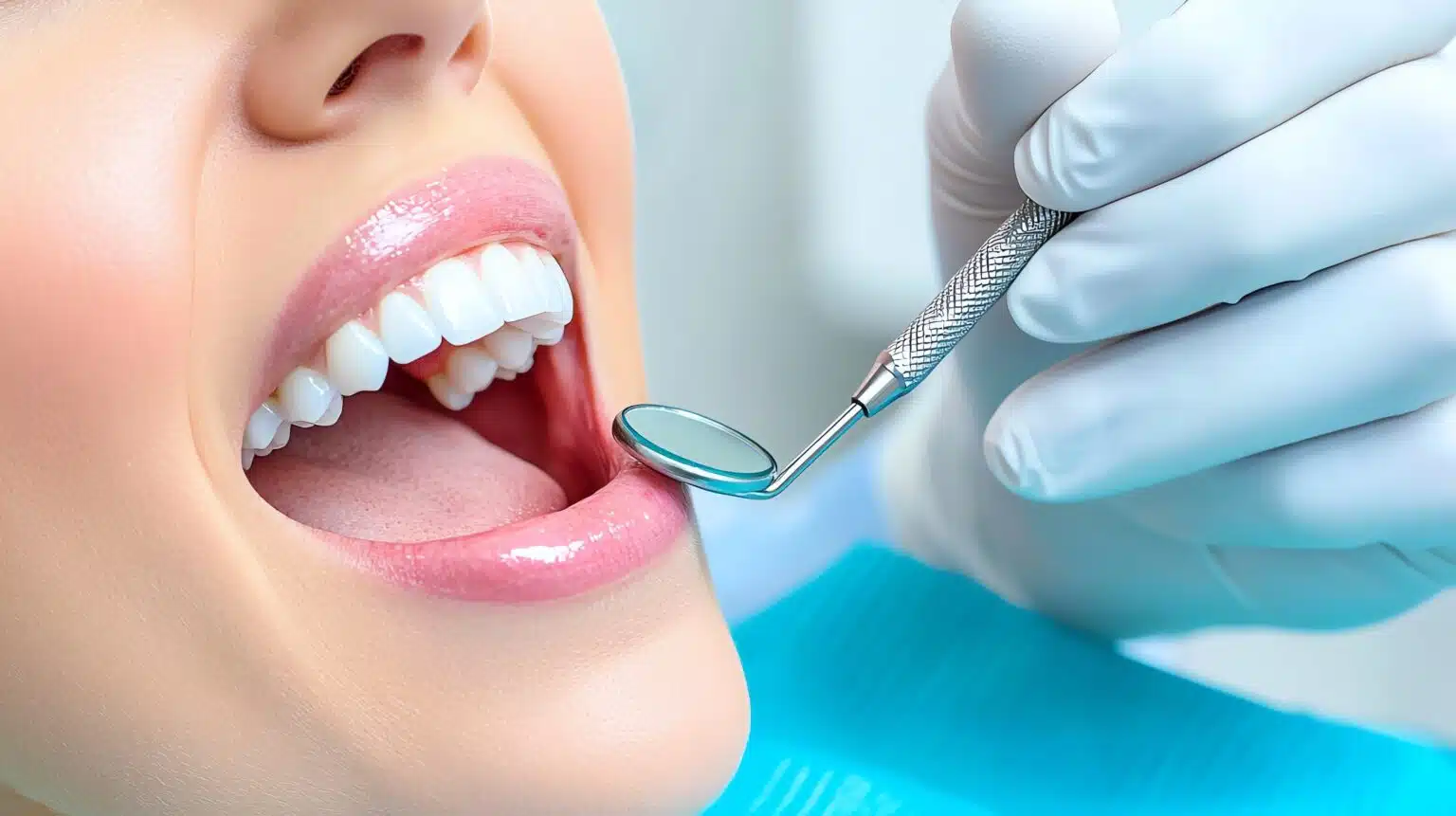Dentures in Murrieta
Replacing missing teeth with dentures is important for maintaining the aesthetics of your face. Without the structure of the teeth as support, your cheeks & jaw may start to sag, leading to a more aged appearance.
With full or partial dentures, you will have your smile back & will regain chewing & biting ability, giving you the chance to enjoy foods that you may have had to avoid when you were missing teeth.
While dentures are an effective replacement for your teeth when it comes to the appearance of your smile & your face, when it comes to function, they are a prosthetic replacement. Just like someone with a prosthetic limb may have limited function compared to a real limb, dentures function differently from natural teeth. The stability of dentures varies from person to person, so the variety of foods that denture-wearers are able to eat also varies. The dentist can go over what foods you should avoid or eat differently (such as cutting meats into smaller pieces for ease of chewing). Speaking while wearing dentures sometimes takes getting used to, especially when forming “s” or “th” sounds. Any speech difficulty usually passes with practice.

What Are Dentures?
Dentures consist of a plastic base that is molded & colored to look like your gums. The teeth attached to this base are most often made from a plastic acrylic. The color of both the gums & tooth parts of dentures are customized in order to ensure they look as natural as possible in your mouth.
Dentures are false teeth for someone who is missing some or all of their teeth. Depending on how many teeth are missing, dentures can come with a full set of teeth or a partial set meant to fill in gaps between any remaining teeth.
Dentures on your top jaw typically cover the ridge of bone where your teeth used to be & the roof of your mouth (what dentists call the palate). Top dentures are held in place by suction between the palate & the denture. Because there is less for them to hold on to (no palate), dentures on your bottom jaw are not quite as secure & may take a little more getting used to.
Full Dentures
Full dentures attach to your gums through suction between the roof of your mouth (what dentists call the palate) & the denture. Because there is less for them to hold on to (no palate), dentures on your bottom jaw are not quite as secure & may take a little more getting used to.
Partial Dentures
Partial dentures are secured in your mouth by clipping onto your existing teeth. In partials where the base structure is made of metal, the clips will be made from metal. This type of partial is also called a cast partial & it tends to be both thinner & more durable. However, the metal clips on a cast partial may be visible when a patient smiles, depending on which teeth are present & which are being replaced. In partials where the entire structure is plastic, sometimes called a flexible partial, the clips will also be made of plastic. These plastic clips are less visible when the patient smiles.
Procedure Overview
The procedure for getting dentures is fairly simple but may take multiple appointments. First, your Murrieta dentist takes a mold or scan of your gums & any remaining teeth. From this mold we will make a model of your mouth so that we can create a denture that fits every small ridge or contour of your jawbone & gums. Your dentist will invite you back to try on your dentures & make sure they fit comfortably & securely. If the fit is good, you will be able to wear your new dentures home. If not, the dentist will make adjustments until it’s right.
Aftercare
Caring for your dentures is incredibly important — just as important as caring for natural teeth. Both full & partial dentures are removable & it is not recommended that they be worn at night. This gives your gums a chance to rest & allows your saliva to naturally lubricate your gums & the rest of your mouth. Dentures need to be cleaned overnight using special denture toothpaste & a soft-bristled toothbrush or denture brush. Be careful when cleaning not to drop your dentures on a hard surface; this is a frequent cause of denture breakage. We recommend laying out a towel or filling the sink basin with water while you clean your dentures. Dentures should be soaked overnight in a denture solution to keep them moist as drying out may cause brittleness.
Meet Your Murrieta Dentist
Daniel B. Pulsipher, DDS – Daniel B. Pulsipher, DDS, is a graduate of the University of Loma Linda School of Dentistry. He has also received extensive training in cosmetic dentistry, rotary endodontics and removable prosthodontics (dentures). Dr. Pulsipher is a member of the American Dental Association, Academy of General Dentistry, California Dental Association, International Association for Orthodontics & the Tri-County Dental Society.
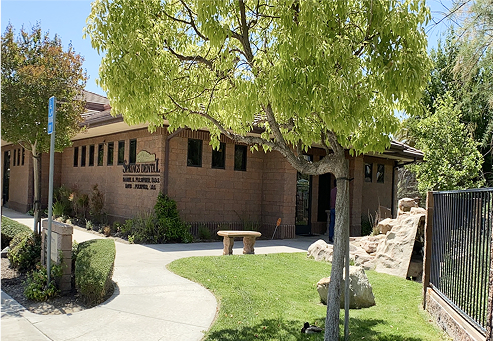





5-Star Murrieta Dental Services
We make it fun for children to visit their dentist in Murrieta.
Get relief from dental anxiety for comfortable dental procedures.
Straighten teeth with a wide-range of options from Invisalign to traditional braces.
Reshape your gum line with gum contouring to fix gummy smiles and small teeth.
Replace a missing tooth, several teeth, or an entire arch of teeth with All-on-4 dental implants.
Diagnotics and solutions for tooth and gum infections including root canals and gum disease treatment.
Visit Springs Dental

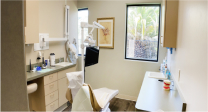

We are located in the Murrieta Springs Professional Park off Murrieta Hot Springs Road.
Hours
~ Daily lunch break 12 Noon–1pm



5-Star Google Reviews
Trustindex verifies that the original source of the review is Google. I can’t say enough great things about Springs Dental and Dr. Pulsipher! From the moment you walk in, you’re greeted with a warm, welcoming atmosphere and a team that truly cares. Dr. Pulsipher is not only incredibly skilled, but he also takes the time to explain everything and make you feel completely at ease. The entire team is professional, friendly, and genuinely dedicated to making your experience as comfortable and positive as possible. I would highly recommend anyone looking for a dentist to visit Springs Dental – you won’t be disappointed!Trustindex verifies that the original source of the review is Google. I've been a patient at Springs Dental for over 20 years. I’ve tried two other dental offices due to insurance issues, but I always come back, even when I have to pay out of pocket. Springs Dental operates with integrity, which is uncommon these days. They genuinely care about their patients rather than simply focusing on making money.Trustindex verifies that the original source of the review is Google. Great service as usual. Great staff and Dr Dan is the best!Trustindex verifies that the original source of the review is Google. Friendly staff & always with smiles to welcome their patient’s.Trustindex verifies that the original source of the review is Google. Great staff. Very thorough in all explanations of cost and procedures.Trustindex verifies that the original source of the review is Google. Great staff!!!!Trustindex verifies that the original source of the review is Google. Excellent dental care. Friendly and very competent.Trustindex verifies that the original source of the review is Google. Everyone at this dental facility treated me with so much care. I have had bad dental experiences in the past that left me terrified. I felt safe, comfortable and in capable, professional hands. This was the best dental experience I have ever had in 40 yrs! The technology in this office is like no other. They gave me a crown in a few hrs. Simply amazing! God bless Springs Dental!Trustindex verifies that the original source of the review is Google. Excellent experience!!!!
Insurance & Financing

We love your insurance and respect your budget and busy schedule. There are little to no out-of-pocket costs for most insured patients on cleanings, exams and x-rays.
0% financing is available on approved credit. While most insured families receive the majority of preventive services for FREE, we offer many different payment options, including CareCredit, so uninsured patients can still receive the dental care they need in a manner that fits their budget.
Blog Articles
Restoring your smile with dentures can dramatically improve your quality of life, but one of
Dental emergencies can strike at any time, often without warning. Recognizing the signs that require
Invisalign® aligners have become one of the most popular choices for individuals seeking discreet and
Root canal treatment is one of the most effective ways to save a tooth that
A straight, confident smile is something many people desire, but the thought of traditional metal
Just had your teeth professionally cleaned at Springs Dental? That fresh, smooth feeling you experience
Frequently asked questions
What are dentures made of?
Your dentures are made of acrylic resin and porcelain. The gum-colored base is acrylic, the teeth are porcelain, and partial dentures may have cobalt-chromium metal for extra support.
What is the best type of dentures to get?
For only a couple of missing teeth, partial dentures are a great solution. When you have many teeth missing, complete dentures are ideal, and implant-supported dentures are the most secure.
What are implant supported dentures?
Implant-supported dentures are more secure than traditional dentures because they’re anchored to dental implants surgically placed in the jawbone. Traditional dentures rest on your gums and can shift—especially if bone density is low. In contrast, implant-supported dentures snap onto fixed implants, offering greater stability, improved chewing function, and a more natural feel.
Are dentures good for everyone?
No, not everyone is a good candidate for dentures because without sufficient bone support, dentures can’t form a proper seal, which may cause looseness and difficulty chewing. Don’t worry, at Springs Dental we’ll look at your jawbone density and make a recommendation if dentures are your best option for replacing teeth.
If I have no back teeth, what are my options?
Dental implants, bridges, partial dentures, and full dentures are all possible options when you are missing your back teeth. Spring Dental will recommend your best option depending on factors like the number of missing teeth, bone density, and your overall oral health.


